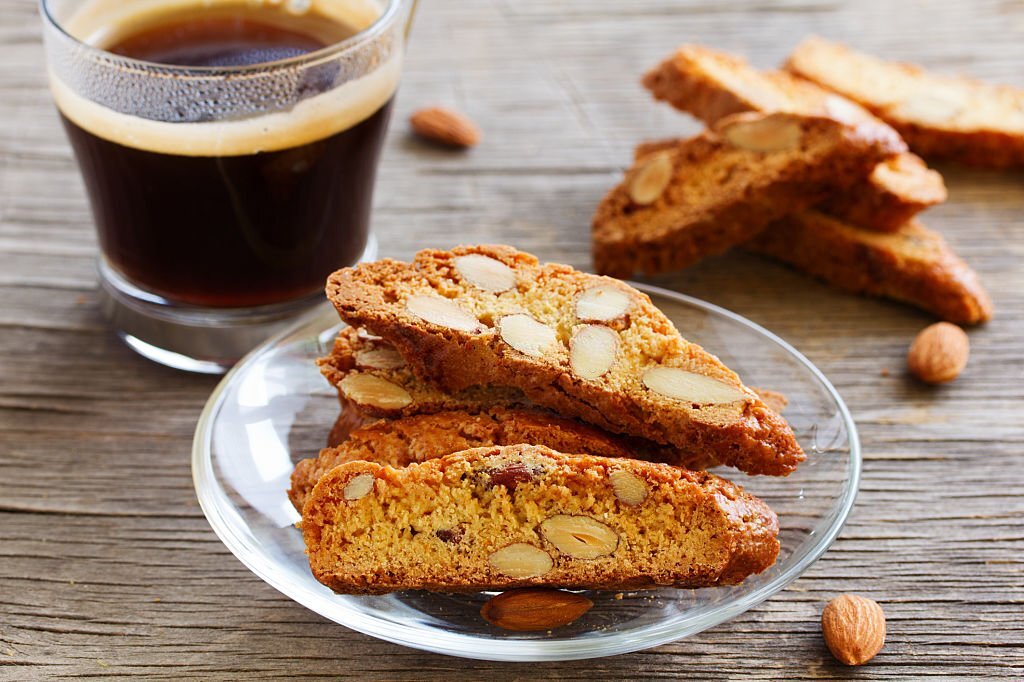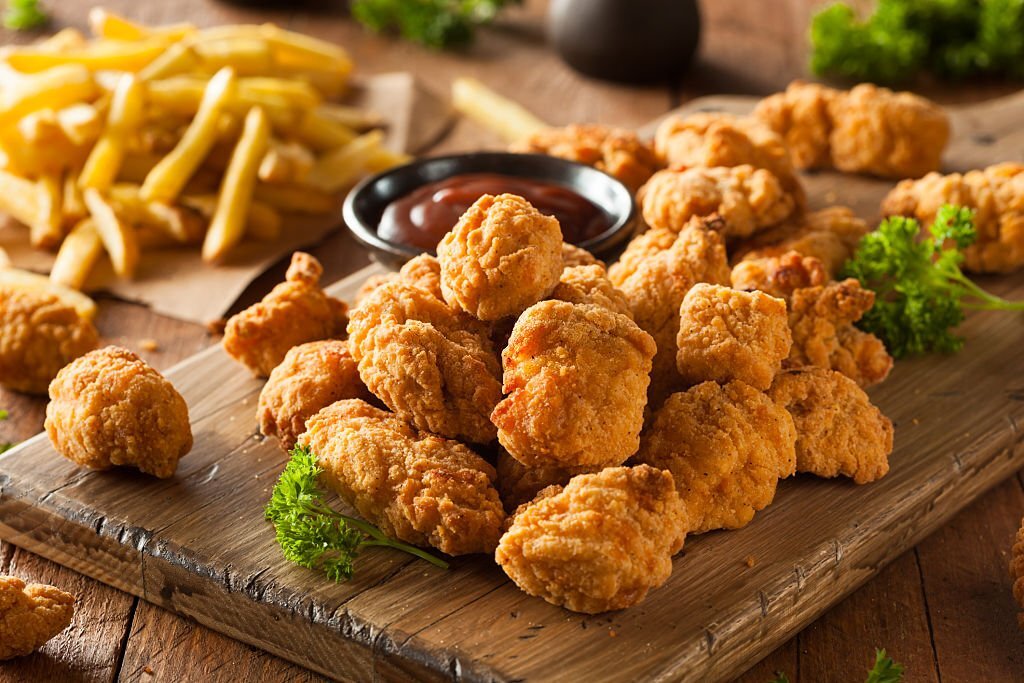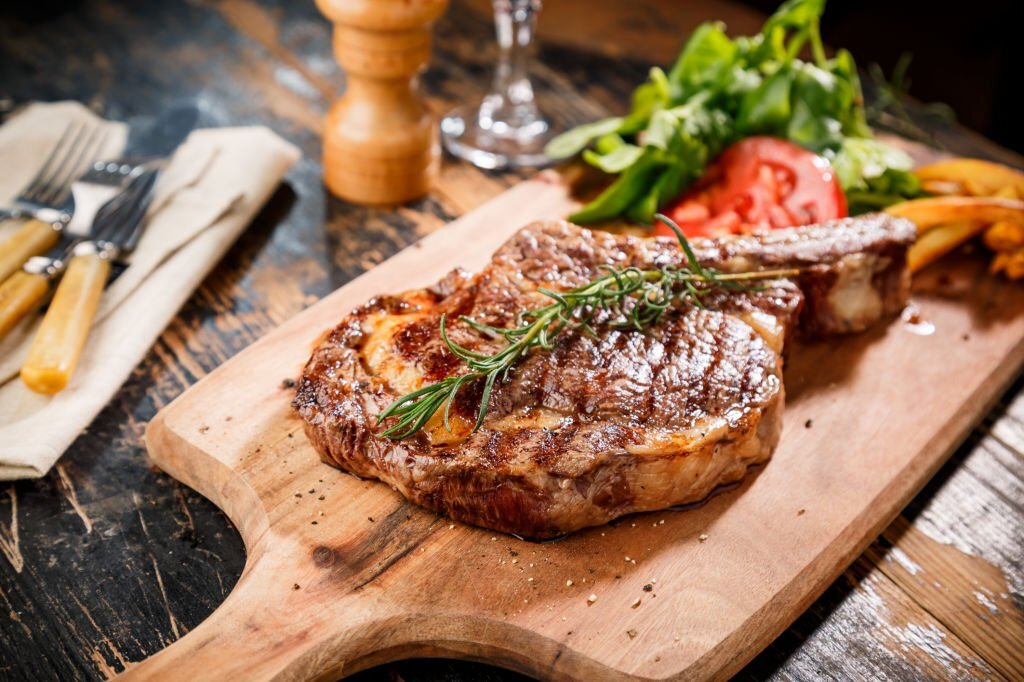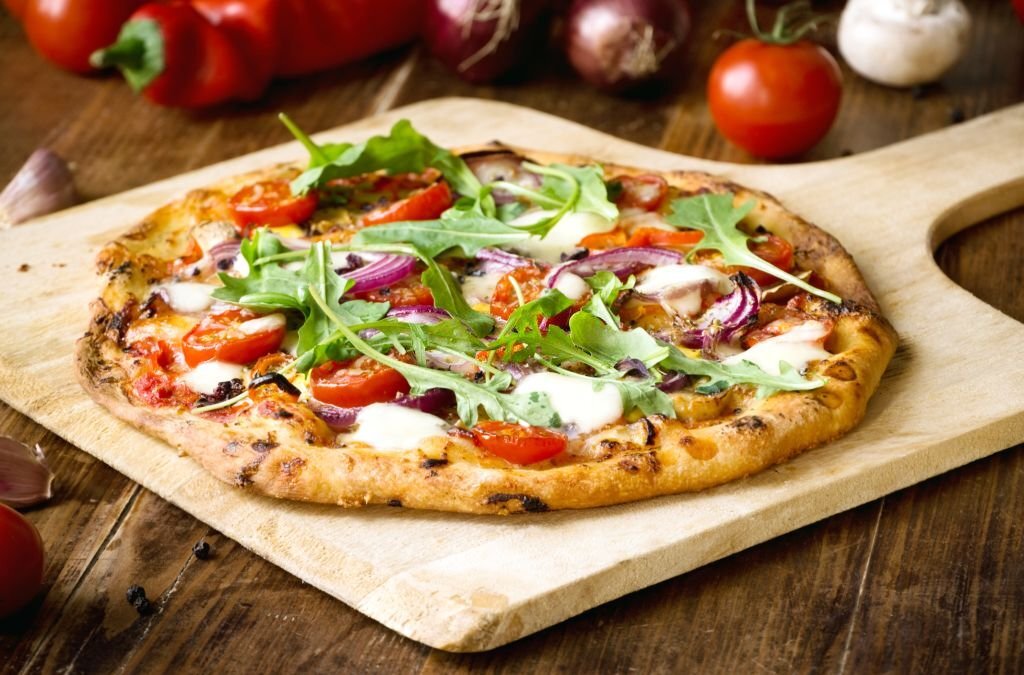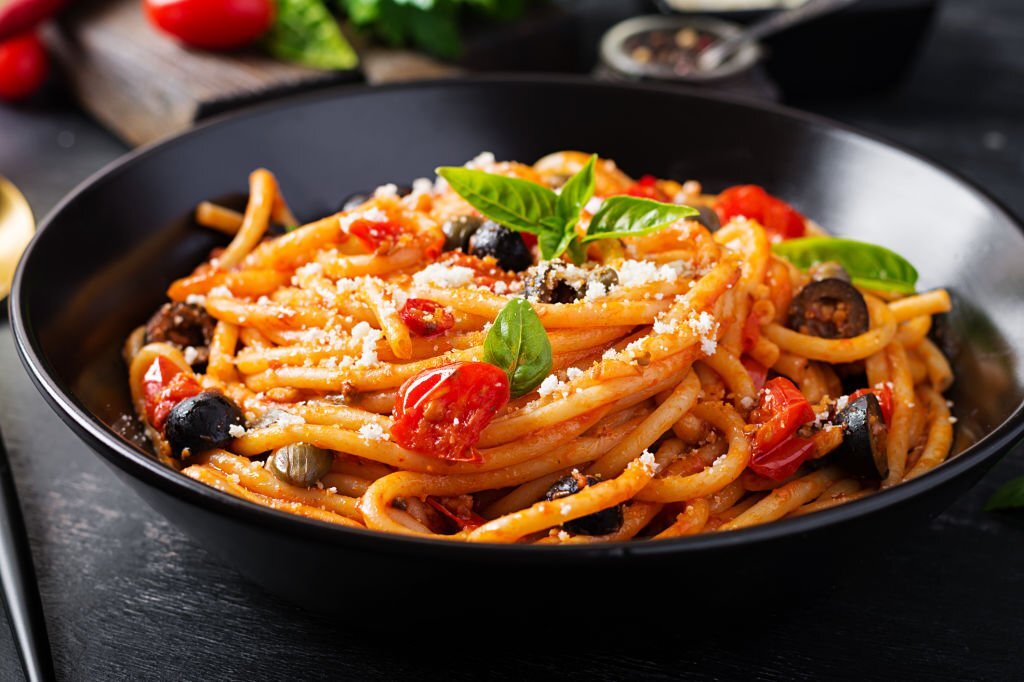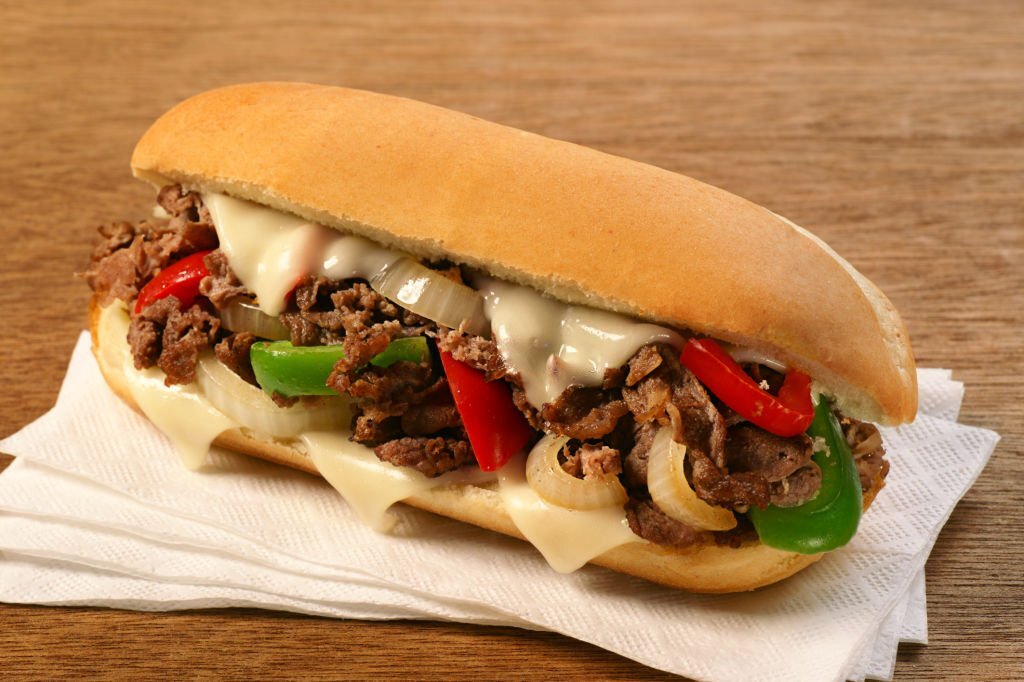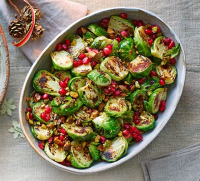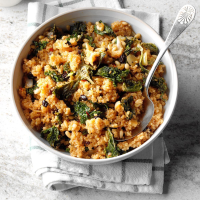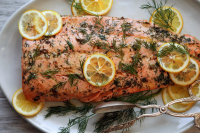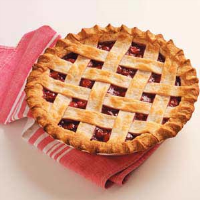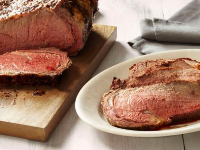More about "should i take digestive enzymes recipes"
DIGESTIVE ENZYMES: SHOULD YOU TAKE THEM? | AMY MYERS MD
Apr 01, 2016 · The majority of digestive enzymes are made by the pancreas. Pancreatic juice contains several digestive enzymes, as well as bicarbonate to neutralize the acid from your stomach. The enzymes work in the small intestine to break down the food so it can be absorbed 2. Enzymes produced by the pancreas include:
From amymyersmd.com
From amymyersmd.com
See details
SHOULD I TAKE A DIGESTIVE ENZYME SUPPLEMENT? | U.S. NEWS
Jun 17, 2020 · Should You Take a Digestive Enzyme Supplement? Enzyme supplements can help improve food tolerance, but only if you match the product to the problem. By Tamara Duker Freuman , MS, RD, CDN
From health.usnews.com
From health.usnews.com
See details
WHEN TO TAKE DIGESTIVE ENZYMES: JUST AS IMPORTANT AS WHICH ...
Enzymes Should be Taken with Food. It’s crucial to take enzymes as directed. That means, in most cases, you should take digestive enzyme supplements along with food. In many instances, they should be taken in combination with specific foods in order to properly perform their intended function.
From deerland.com
From deerland.com
See details
WHEN YOU SHOULD TAKE DIGESTIVE ENZYMES – GUT GARDEN
Digestive enzymes should be taken before, or during a meal. Do not take digestive enzymes on an empty stomach -- this will cause increased stomach discomfort. If you generally suffer from bloat and gas, digestive enzymes should lessen your symptoms within just a few days. It should be noted that you can take digestive enzymes up to 30 minutes ...
From mygutgarden.com
From mygutgarden.com
See details
HOW & WHEN TO TAKE DIGESTIVE ENZYMES FOR MAXIMUM EFFICIENCY
Does it matter when you take your digestive enzymes? YEP. Ora explains how and when to take digestive enzymes for best results.
From shop.ora.organic
From shop.ora.organic
See details
SHOULD I TAKE DIGESTIVE ENZYMES? | ENZYME DEFICIENCY
Apr 29, 2021 · The pancreas secretes digestive enzymes when the food bolus passes through the esophagus. The mouth, stomach, and small intestine secrete some as well. Without an underlying digestive or accessory digestive condition, the health of the digestive tract, including intestinal permeability, pH, and gut microbe, is key to success.
From bing.com
From bing.com
See details
SHOULD I TAKE DIGESTIVE ENZYMES? AN AYURVEDIC VIEW ...
May 12, 2017 · Rarely, an individual may suffer from Exocrine Pancreatic Insufficiency (EPI), a condition in which the pancreas is unable to make the enzymes needed to digest food. Autoimmune chronic pancreatitis and cystic fibrosis are two conditions that may cause EPI, a condition that affects roughly 8 per 100,000 men and 2 per 100,000 women.
From ayurveda.alandiashram.org
From ayurveda.alandiashram.org
See details
DIGESTIVE ENZYMES: HOW TO USE THEM & THE BEST BRAND TO TAKE
To work out the best time to take digestive enzymes first check to the product’s instruction label. While some should be taken shortly before eating, most are designed to be taken with a meal. As a general rule, enzymes are best taken just before or at the very start of a meal with a small glass of water or, better yet, intestinal soothing ...
From flatulencecures.com
From flatulencecures.com
See details
8 SURPRISING REASONS TO TAKE DIGESTIVE ENZYMES - DOCTOR DONI
Apr 05, 2018 · TIP: It is also important to eat smaller quantities of food. Even when taking digestive enzymes, if you eat a large quantity of food (sugar and carbohydrates, in particular), it is likely that some of that food won’t get digested and will continue to overfeed the bacteria (as well as yeast/fungal growth). ...
From doctordoni.com
From doctordoni.com
See details
SHOULD I TAKE DIGESTIVE ENZYMES? AN AYURVEDIC VIEW ...
May 12, 2017 · Rarely, an individual may suffer from Exocrine Pancreatic Insufficiency (EPI), a condition in which the pancreas is unable to make the enzymes needed to digest food. Autoimmune chronic pancreatitis and cystic fibrosis are two conditions that may cause EPI, a condition that affects roughly 8 per 100,000 men and 2 per 100,000 women.
From ayurveda.alandiashram.org
From ayurveda.alandiashram.org
See details
DO I NEED DIGESTIVE ENZYMES? - OH LARDY
Sep 05, 2019 · Digestive enzymes prove to be helpful because enzymes break up your food into small particles that are less likely to irritate the gut lining. Do you ever feel like you have a brick sitting in your stomach after eating? Yeah, that should go away after a few days on digestive enzymes. 4 signs you may need to supplement with digestive enzymes:
From ohlardy.com
From ohlardy.com
See details
DIGESTIVE ENZYMES: HOW TO USE THEM & THE BEST BRAND TO TAKE
To work out the best time to take digestive enzymes first check to the product’s instruction label. While some should be taken shortly before eating, most are designed to be taken with a meal. As a general rule, enzymes are best taken just before or at the very start of a meal with a small glass of water or, better yet, intestinal soothing ...
From flatulencecures.com
From flatulencecures.com
See details
DIGESTIVE ENZYMES: BENEFITS, SIDE EFFECTS, DOSAGE, AND ...
Sep 30, 2021 · Digestive enzymes are proteins that help you digest food. They are found naturally in the body. Most digestive enzymes are made by the pancreas. They help your body break down fats, proteins, and carbohydrates. When the pancreas doesn't make enough enzymes, the body can't easily break down foods and absorb nutrients.
From verywellhealth.com
From verywellhealth.com
See details
THE #1 REASON TO TAKE DIGESTIVE ENZYMES - FOOD BABE
Sep 19, 2019 · capsule, digest, digestion, digestive enzymes, easy enzymes, enzyme, enzymes, health supplement, supplement, supplements, truvani, Vegan, Vegetarian. Posts may contain affiliate, sponsorship and/or partnership links for products Food Babe has approved and researched herself. If you purchase a product through an affiliate, sponsorship or partnership link, your cost will be the same (or at a ...
From foodbabe.com
From foodbabe.com
See details
THE ULTIMATE GUIDE TO DIGESTIVE ENZYMES
Digestive Enzymes Guide. When you eat food, your body uses enzymes to digest that food. These digestive enzymes play an important role in our digestive health. Unfortunately, many of us don’t have the right balance of enzymes in the body. This can lead to gastrointestinal problems – like acid reflux, gas, or painful digestion after meals.
From conferences.hcmussh.edu.vn
From conferences.hcmussh.edu.vn
See details
DIGESTIVE ENZYMES & SIBO THE COMPLETE GUIDE - SIBO SOS
Aug 18, 2020 · With food: Take the enzymes at the start of a meal, so they can begin to digest the food right as you begin eating it. If needed, more enzymes can be taken mid-meal or at the end. Without food: When taken without food, digestive enzymes have an anti-inflammatory effect. They can even have an anti-biofilm effect when taken away from food.
From sibosos.com
From sibosos.com
See details
HOW MUCH AND HOW OFTEN? 4 ENZYME TIPS ... - HOUSTON ENZYMES
Nov 19, 2020 · With 15 to 20% of the population reporting a food intolerance, 1 there is good reason to share the correct information about digestive aids. Here are our top 4 tips for how much enzyme to take and when to take it: When is the best time to take enzymes? For digestive purposes, it’s best to take enzymes near the beginning of the meal.
From houston-enzymes.com
From houston-enzymes.com
See details
DIGESTIVE ENZYMES SIDE EFFECTS, HOW TO AVOID THEM AND ...
Feb 20, 2019 · When should you take digestive enzymes? For the best results and least risk for experiencing side effects, take digestive enzymes about 10 minutes before each meal or with your first bite of food. Protease supplements can be taken in between meals in addition to digestive enzymes with meals. Start by taking a low dose of enzymes, such as having ...
From draxe.com
From draxe.com
See details
HOW LONG AFTER EATING CAN I TAKE DIGESTIVE ENZYMES?
Apr 08, 2020 · It's crucial to take enzymes as directed. That means, in most cases, you should take digestive enzyme supplements along with food. Some digestive supplements are intended to be taken with a meal, while others should be taken shortly before eating. Subsequently, question is, can digestive enzymes be harmful? Sometimes the body doesn't make ...
From askinglot.com
From askinglot.com
See details
DIGESTIVE ENZYME SUPPLEMENTATION IN GASTROINTESTINAL DISEASES
Methods: This review, performed through a non-systematic search of the available literature, will provide an overview of the current knowledge of digestive enzyme supplementation in gastrointestinal disorders, discussion of the use of pancreatic enzymes, lactase (ß-galactosidase) and conjugated bile acids, and also exploring the future perspective of digestive enzyme supplementation.
From ncbi.nlm.nih.gov
From ncbi.nlm.nih.gov
See details
DIGESTIVE ENZYMES VS. PROBIOTICS: KEY DIFFERENCES TO KNOW ...
Apr 20, 2021 · Digestive enzymes are tiny chains of proteins designed to break down food molecules into smaller components that can be absorbed into the bloodstream. These smaller components are then used for bodily functions and processes like metabolism. Specific digestive enzymes break down specific kinds of foods.
From physicianschoice.com
From physicianschoice.com
See details
DAILY DIGESTIVE ENZYMES HELP REVERSE GERD DAMAGE: NATURAL ...
Enzymes and GERD. Enzymes work on your food from the stomach all the way through your digestive tract, breaking food down into smaller particles. Enzymes are also responsible for enhancing the emptying of the stomach. The more efficiently and quickly your stomach empties, the quicker waste can be removed.
From 1md.org
From 1md.org
See details
WHY YOU SHOULD BE WARY OF SOME DIGESTIVE ENZYME ...
Feb 18, 2019 · Digestive enzymes are released and mix with your food throughout digestion, starting in the mouth and continuing in the stomach, pancreas, liver and small intestine. Advertisement Story continues ...
From washingtonpost.com
From washingtonpost.com
See details





